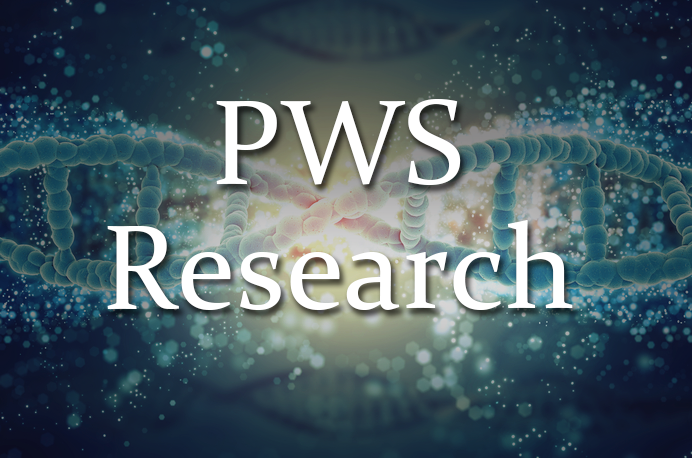Topics: Research
This blog provides a brief summary of the FPWR Research Team: Town Hall Session on PWS Research, a series of four presentations at the FPWR 2017 conference. You can watch the full FPWR Research Team: Town Hall Session on PWS Research presentations he...
This blog contains excerpts from Hyperphagia Biomarkers in Children With PWS, a presentation given by Elizabeth Roof at the FPWR 2017 conference. You can watch the full presentation by clicking on the embedded video below. In case you don't have time...
Topics: Research
This blog provides a brief summary of Standards of Care for PWS, a presentation given by Dr. Jennifer Miller at the FPWR 2017 conference. We've captured some of the key points in the notes below. Dr. Jennifer Miller, a pediatrician and researcher at ...
Topics: Research
The results of Zafgen's phase 3 study evaluating the use of the drug beloranib to curb hunger and induce weight loss in individuals with PWS has been published. The study was conducted by McCandless, et al; an abstract is here. Those familiar with th...
Topics: Research
FPWR’s 2017 Scientific Day was held in conjunction with the FPWR annual conference on Thursday, August 24th in Indianapolis, Indiana. Approximately 75 people attended, including scientists, families and professionals from the pharmaceutical industry....
Topics: Research
New research has revealed that a molecule called uridine plays a role in appetite regulation. This discovery could pave the way for potential new targets to control appetite and obesity.
Topics: Research
Prader-Willi Syndrome (PWS) most commonly results when a set of key genes are missing on the paternal 15th chromosome (deletion) — or else when the paternal chromosome has been entirely replaced by a maternal copy (uniparental disomy, UPD). One of th...
Topics: Research
As with many neurodevelopmental disorders, individuals with PWS often struggle with developmental delays and impaired cognition. Within the Global PWS Registry, 75% of participants who have had IQ testing scored with some level of intellectual disabi...
Topics: Research
The mechanisms in the nervous system that control appetite and satiation are complex. And the dysfunctions in those mechanisms that lead to hyperphagia and obesity in people with PWS are likewise complex and unclear. Yet, several hypothalamic appetit...
Topics: Research















